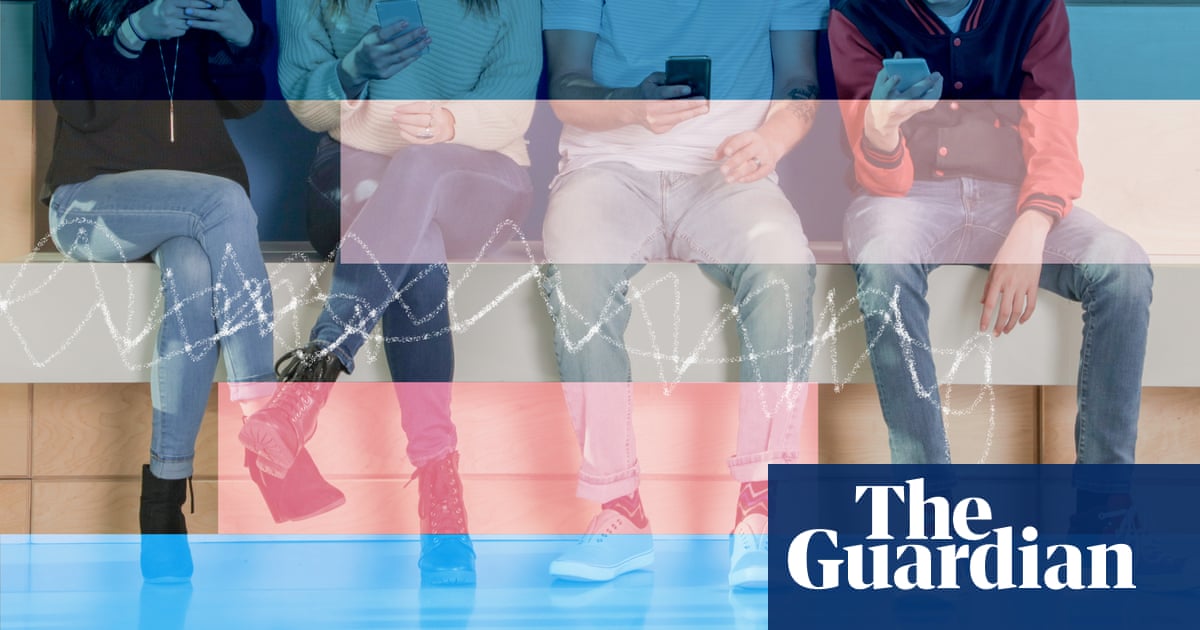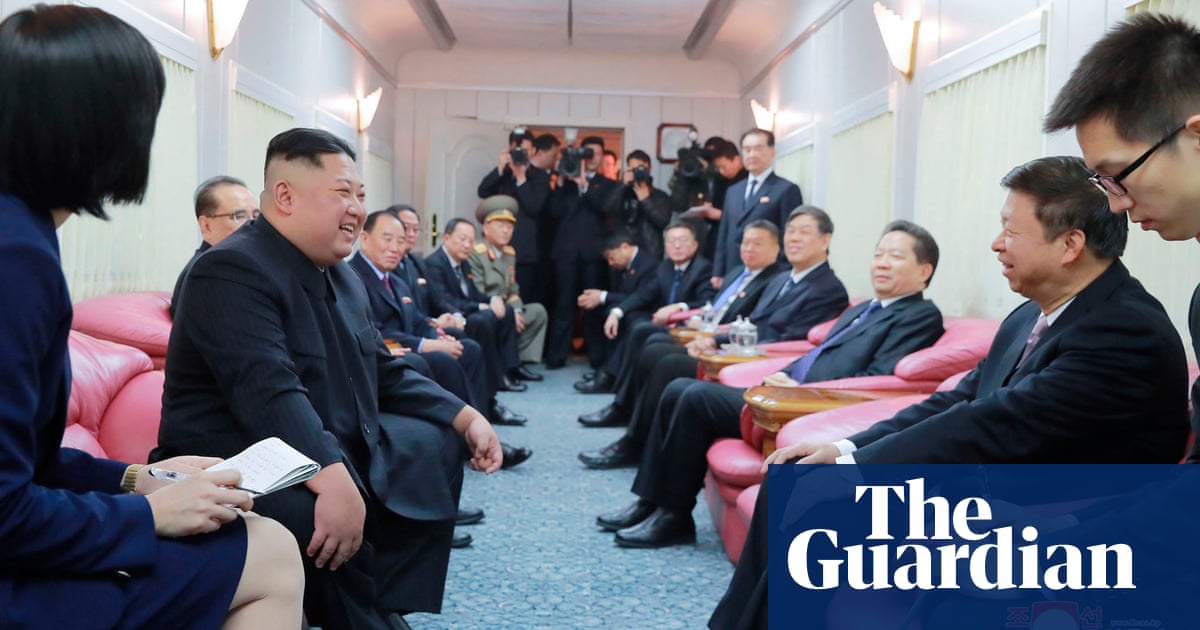
ineteen-ninety-one was a tough year for Alice Marie Johnson. A single mother, Johnson had a gambling addiction that led her to lose her job and eventually her husband. Soon after, her 12-year-old son was killed in a road accident and Johnson filed for bankruptcy. She says she was thinking of her children when she decided to become a telephone drug mule – using her phone line to connect dealers to suppliers. It was Johnson’s first and only offence, and despite never touching the drugs herself, she was given a sentence of life plus 25 years.
So starts Justice Project, a feature-length documentary following Kim Kardashian West’s journey to becoming a criminal-justice advocate. Kardashian West tells us how she originally read about Johnson’s case on Twitter and felt compelled to do something. She met with US president Donald Trump in 2018 and shortly after, Johnson was granted clemency.
“I just felt in my soul that it was my responsibility to educate other people … I knew nothing about the system at all, except for knowing what just feels right in my heart,” Kardashian West explains. This is the premise for much of the documentary: she is on a mission to teach people about something she knows nothing about – in the hopes that everyone will learn something by the end of it.
And so she sets out to ask for mercy for those she thinks are wrongly convicted. In the absence of proper legal training is her moral compass. Viewers are expected to go along with the idea that there are immutable wrongs and rights in this world, with Kardashian West as their instinctive arbiter.
Sometimes her naivety is sweet, at other times, infuriating. She seems surprised that a judge could ignore the abuse suffered by some of the women she advocates for. But it is the norm for incarcerated women to have suffered abuse prior to sentencing. At one point, she suggests that you can tell someone’s innocence by looking at a photo: “Even seeing her, you could see how sweet and quiet and maybe easily influenced she could have been as a child,” she says.
Kardashian West goes through her own journey on the heavily edited show. She starts with clear red lines – no violent criminals, for example – but as the letters start pouring in from people behind bars, her heart begins to soften.
She follows some harrowing cases: a woman raped by her stepgrandfather from the age of five, who eventually kills him; another who is not protected by sex trafficking laws after being trafficked and is tried as an adult despite being 15; a man who stays in prison for being an accessory to a murder long after the actual murderer walks free.
Each criminal in the documentary is a shining human being. Yet by choosing exceptional cases, you are left wondering what to think of those who are the rule: the many people in jail for crimes that can less neatly be linked to abusive experiences or a troubled time in their lives.
Some may accuse Kardashian West of making this documentary for her own self-promotion. But she plans to become a lawyer by 2022, which should be some evidence of her commitment. She is perhaps following in the footsteps of her late father, Robert, who gained notoriety for being OJ Simpson’s defence attorney.
If the cases she follows are exceptional, though, they are let down by bad visuals, over-scripting and poor development. The stories are certainly worth shedding tears over, but not enough time is given to understand them. There is a lot of crying – from the incarcerated, their family members and friends – but it feels like a cheap substitute for fully understanding them. The lack of movement in Kardashian West’s face, along with her overuse of cliche (“It. Breaks. My. Heart.”) make it difficult to believe she truly feels anything.
This documentary is supposed to show Kardashian West speaking out for reform, but it leaves you wondering what change she actually wants to see. She emphasises that all of those for whom she advocates deserved to serve time. But did they? Would it have been that revolutionary to suggest that some of these offenders could instead have been offered treatment, therapy or community service? She might be trying to preach to the unconverted, but it is hard to see exactly what she wants to convert them to.
Plus, while clemency is perhaps the easiest lever that a celebrity such as Kardashian West can pull on, it is also one of the most unyielding criminal justice tools. President Trump has granted 25 clemencies since he became president. President Obama was thought to be hugely generous in handing out clemencies, but his never topped the hundreds. Both numbers represent a tiny trickle in the ocean of the 2.3 million people incarcerated in the US.
Kim Kardashian West: The Justice Project is available to watch now on Amazon Prime Video and hayu












